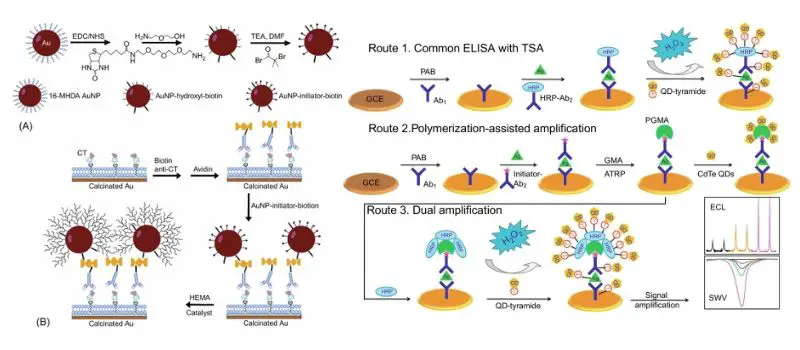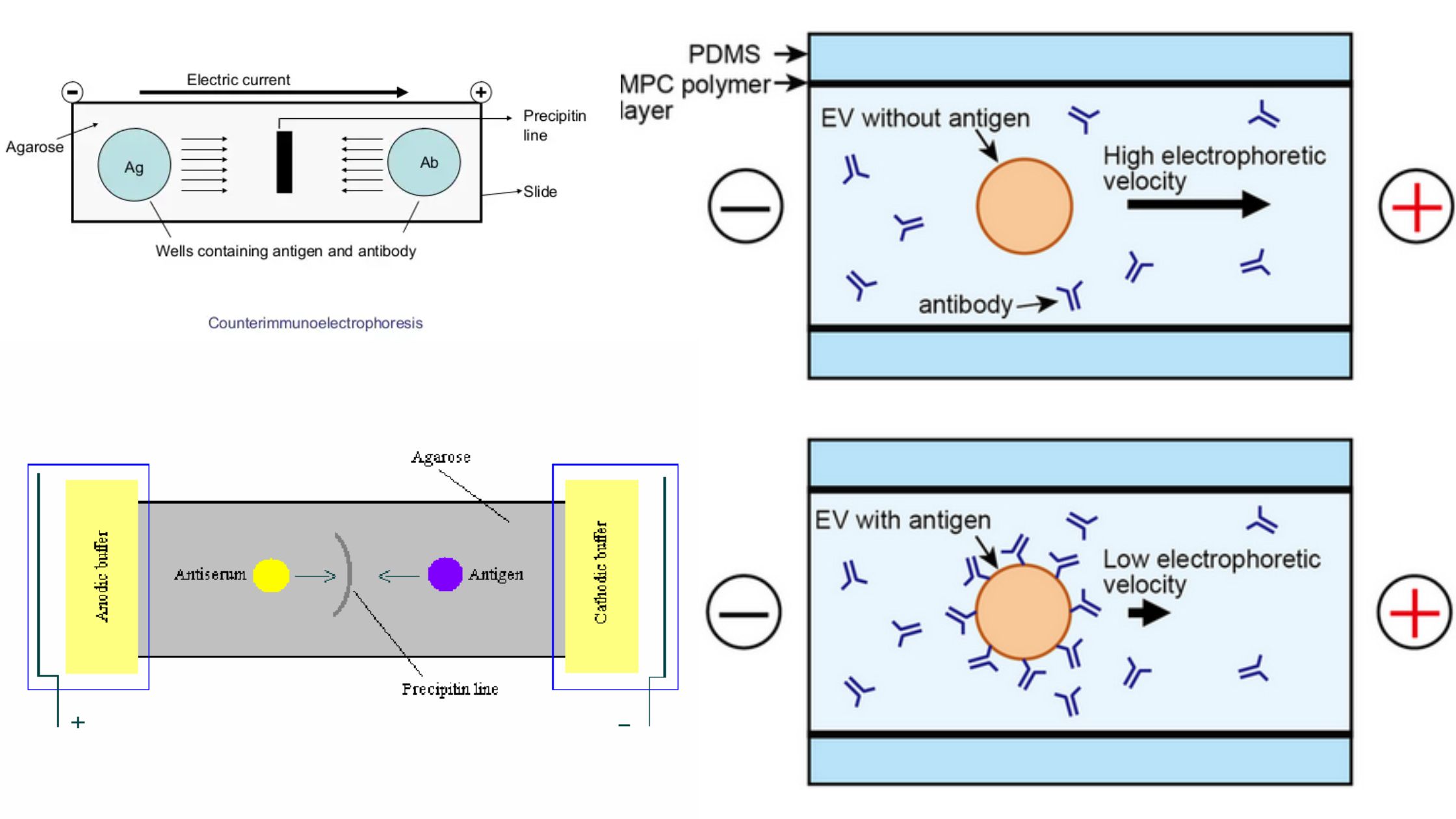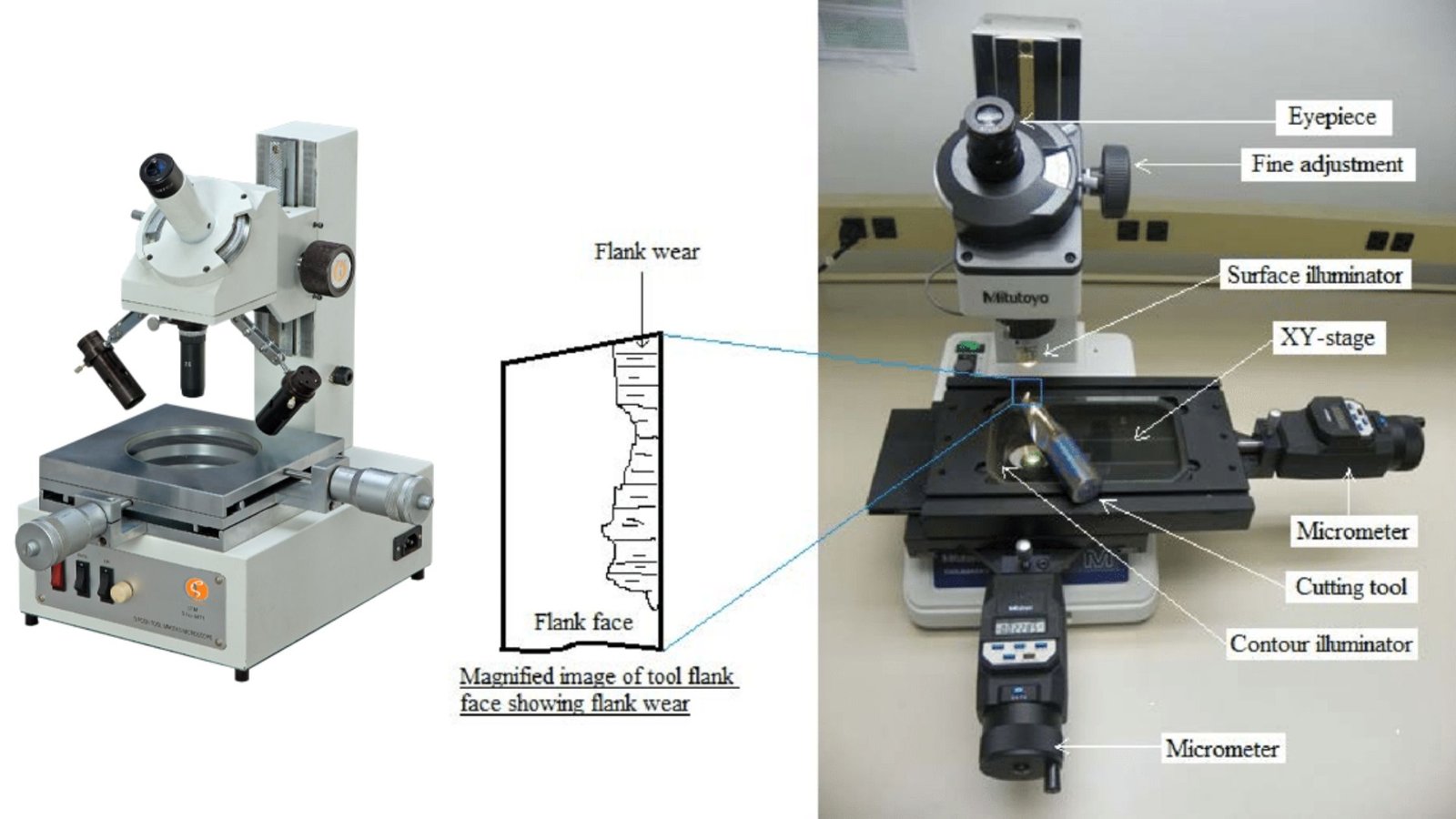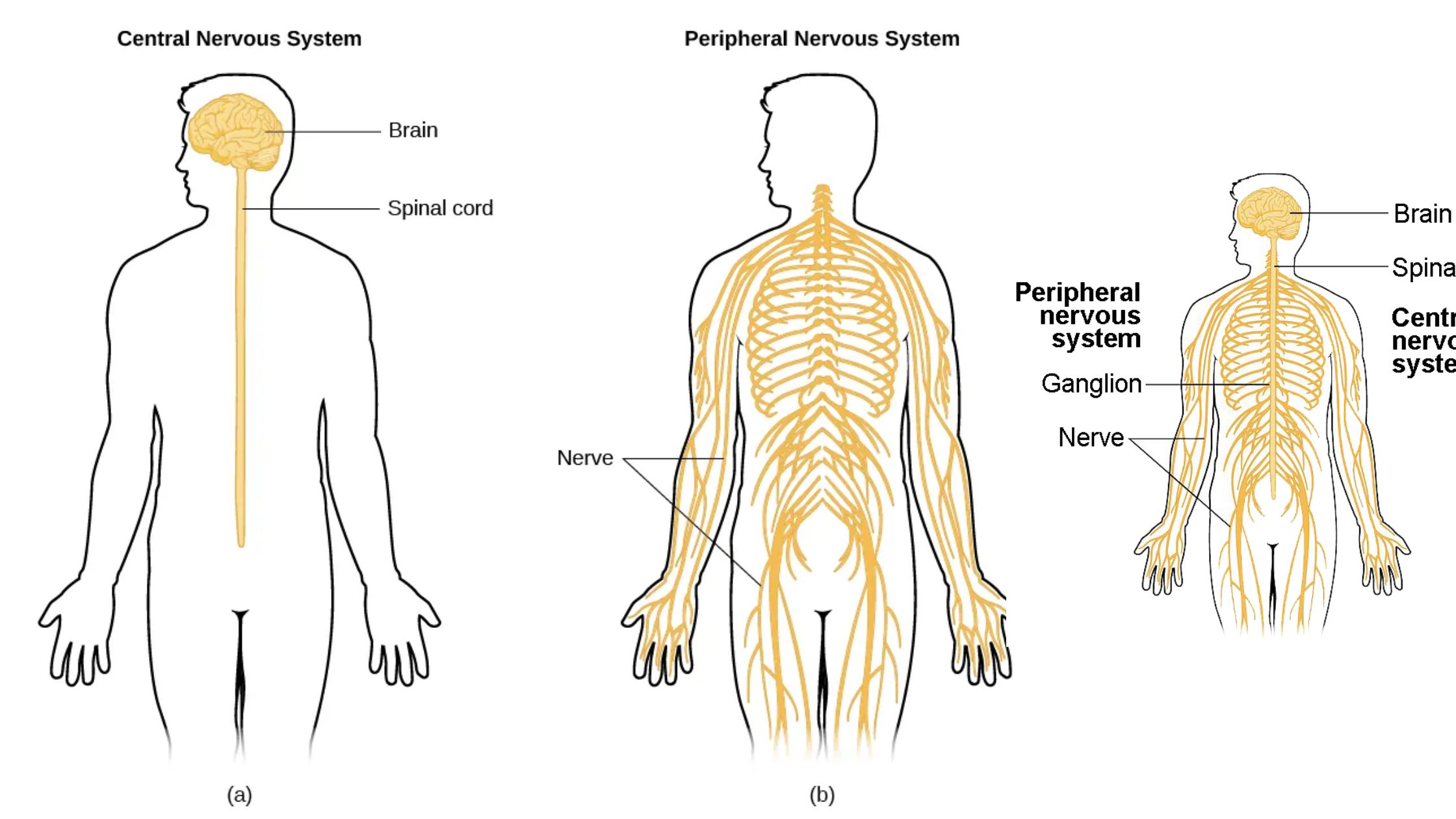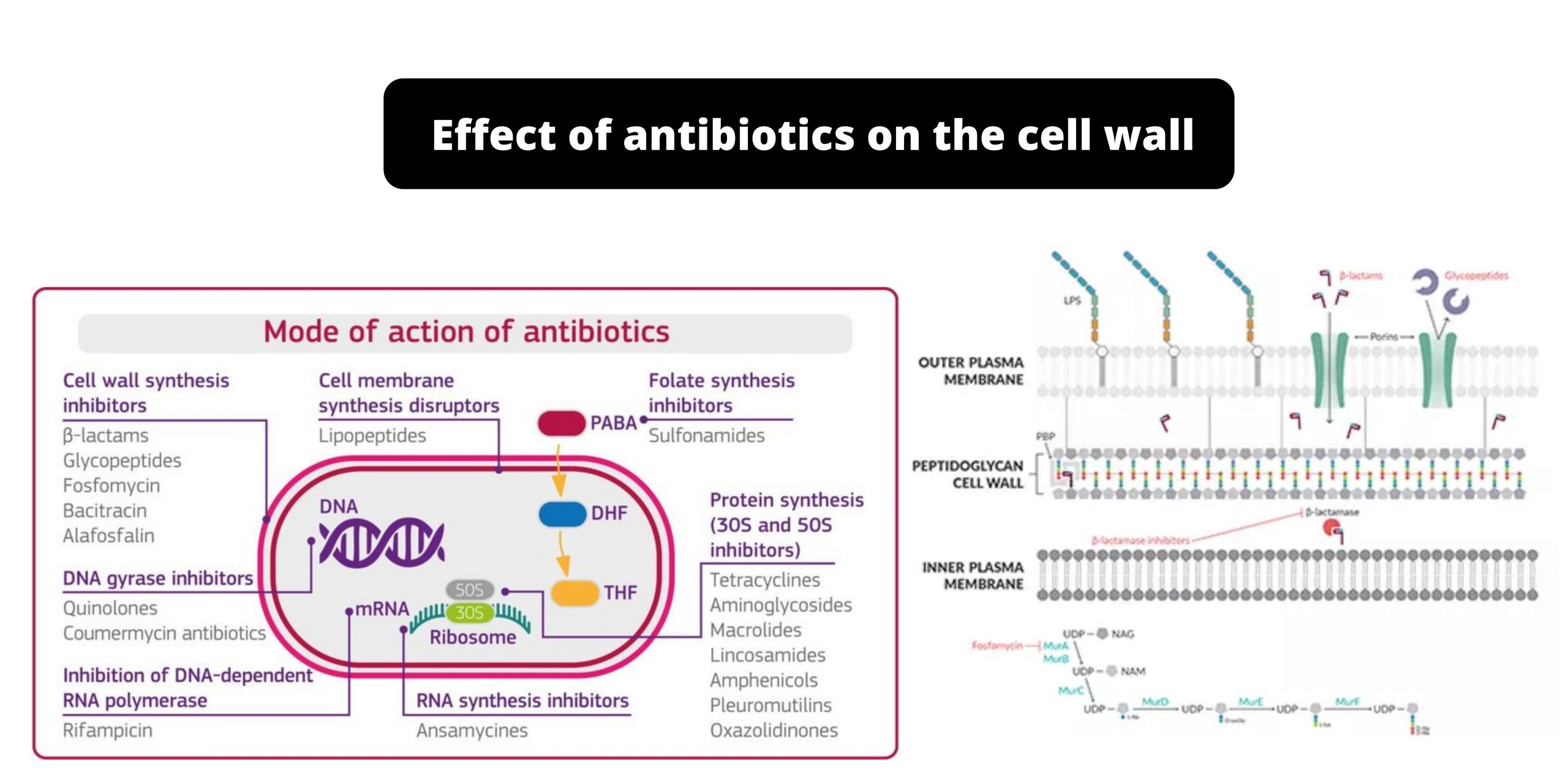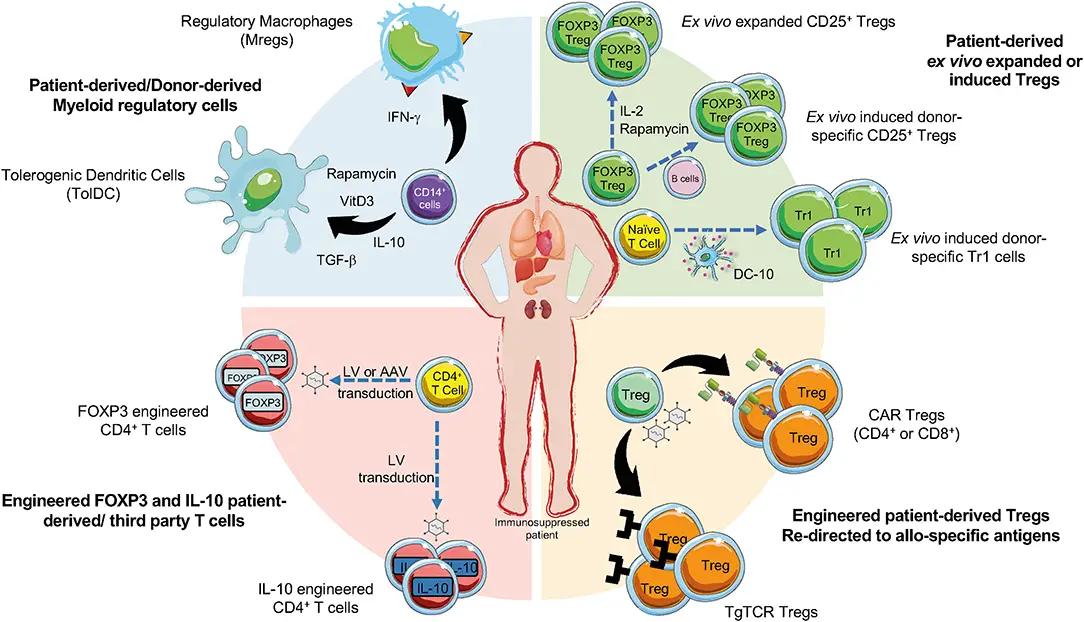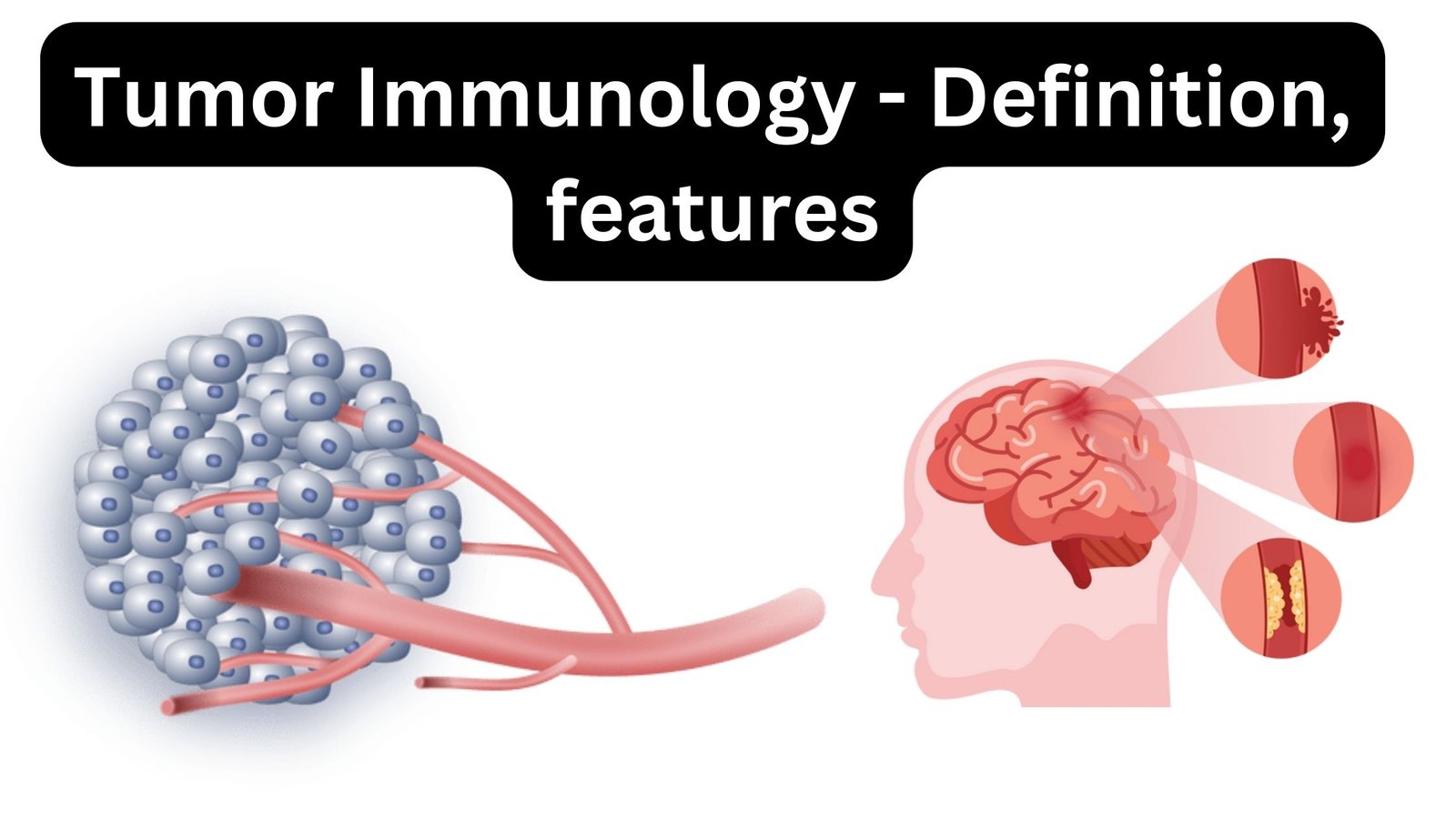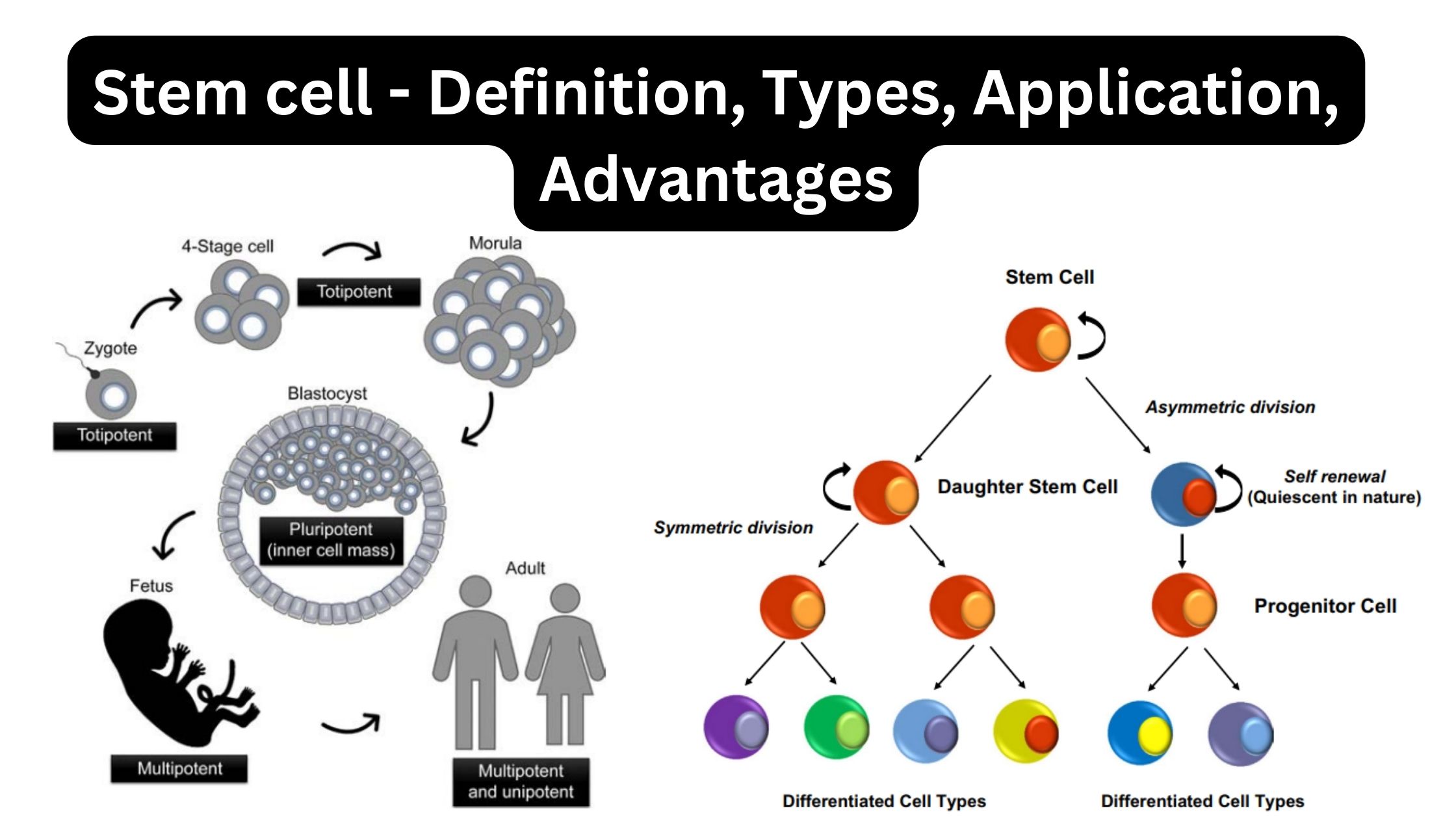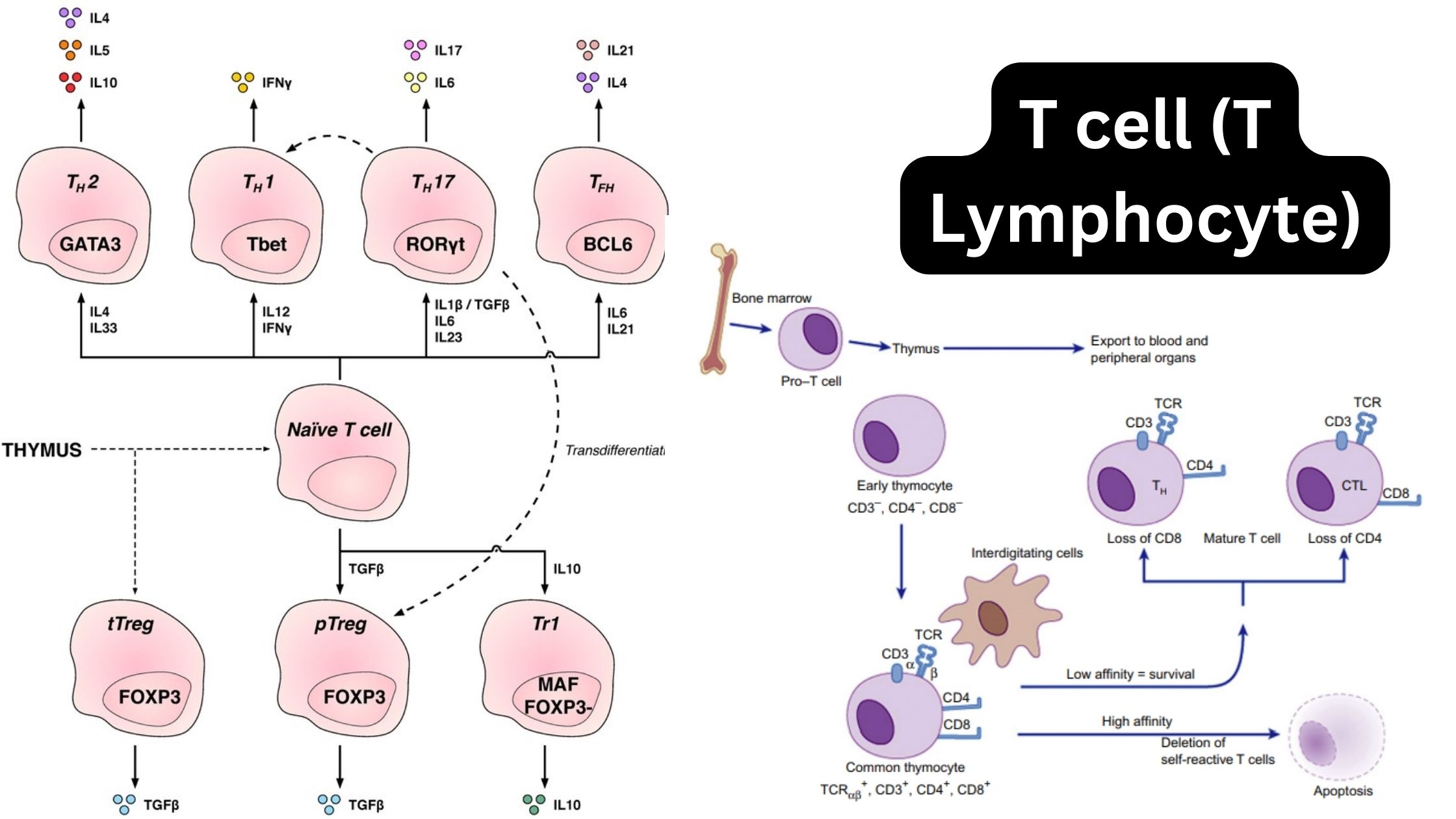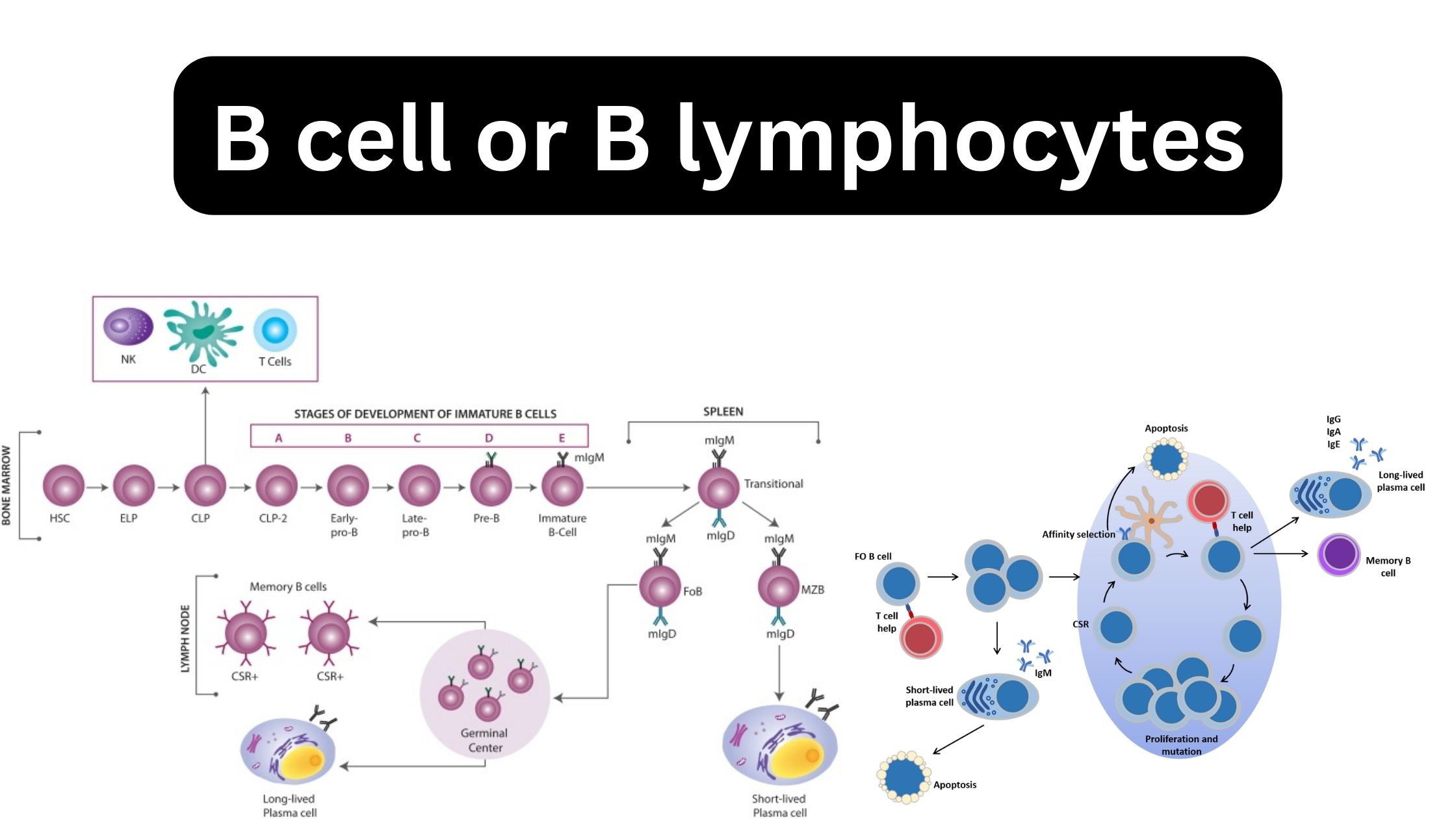Different Types of Immunological Techniques With Examples
Immunological techniques is the set of laboratory methods that is based on the specific antigen–antibody reaction, and it is used to detect, identify or measure different biological substances in a sample. It is the process where an antibody binds with its corresponding antigen and this binding is used for locating proteins, hormones, pathogens or other … Read more
